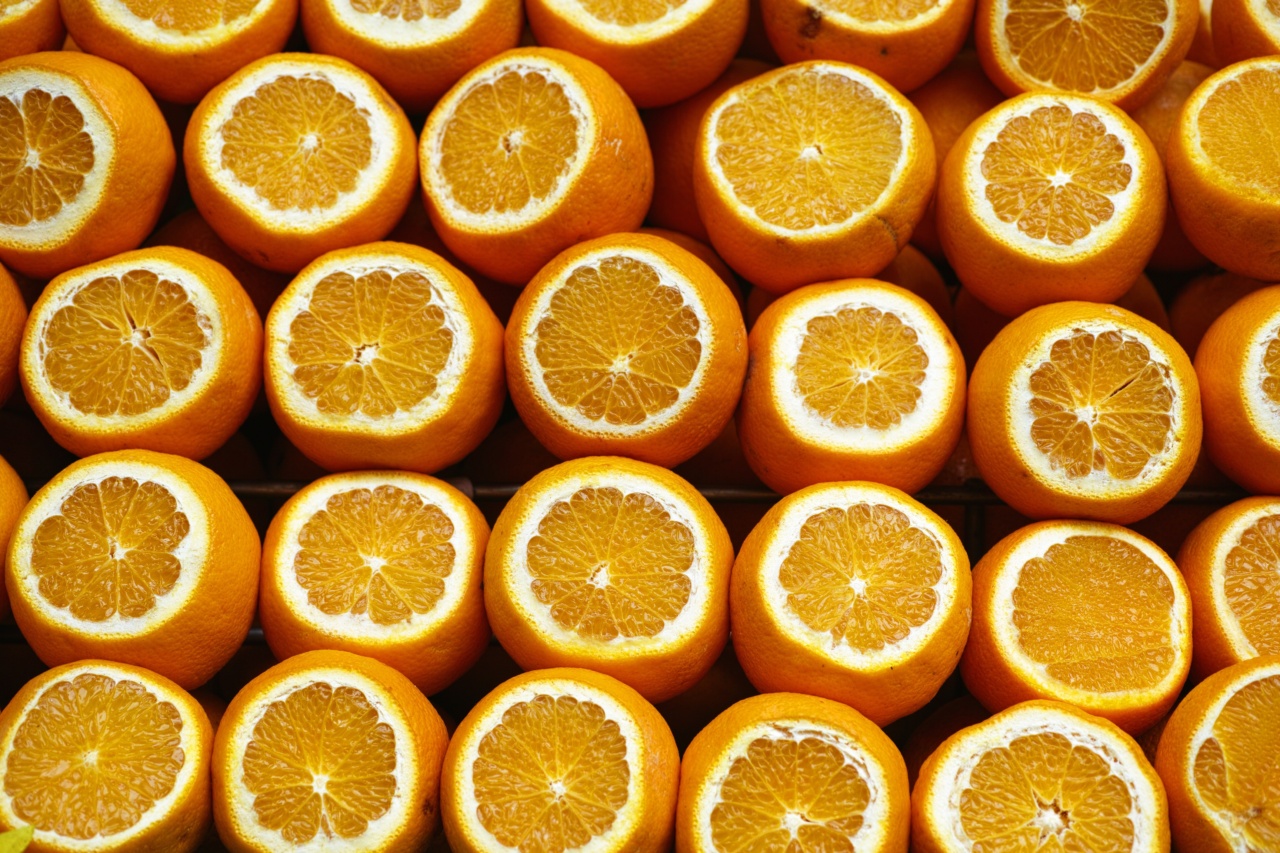Winter is a wonderful season with many fun activities and opportunities. However, as the temperature drops, we need to pay more attention to our diet and health.
Our bodies have different needs during the winter season compared to other seasons, so it’s important to make some adjustments to our eating habits. In this article, we’ll discuss what to avoid in a winter diet to maintain optimal health.
Avoid High-Calorie and Processed Foods
In the winter season, it’s tempting to indulge in high-calorie processed foods such as cookies, cakes, and pastries. These foods can be especially comforting on cold winter days.
However, consuming too much of these foods can lead to weight gain and other health problems. Instead, it’s recommended to choose healthy warming food alternatives such as hearty soups, stews, and chili.
Avoid Fried and Oily Foods
During the winter season, our body’s metabolism slows down, and this makes us susceptible to digestive problems.
Consuming fried and greasy foods can worsen digestive problems and aggravate other health conditions such as skin problems and allergies. Therefore, it’s best to avoid fried and oily foods in the winter season.
Avoid Alcohol and Caffeine
Alcohol and caffeine can dehydrate your body and make you more susceptible to colds and flu during the winter season.
It’s best to avoid consuming too much alcohol and caffeine during the winter season, or to at least restrict their consumption to a minimum. If you’re a coffee or tea lover, try herbal teas during the winter season to keep you warm and hydrated.
Avoid Foods That Cause Inflammation
Foods that are high in sugar and have a high glycemic index can trigger inflammation in the body. And, this can worsen chronic health conditions such as diabetes, arthritis, and heart disease.
Therefore, it’s best to avoid processed foods such as white bread, sugary cereals, and refined sugar.
Avoid Raw Foods
Although raw fruits and vegetables are an excellent source of nutrition, they’re not ideal for winter consumption. Eating raw foods during the winter season can make your body work harder to digest them.
This can put stress on your digestive system and lower your immunity. Instead, it’s recommended to cook your food and include warming spices such as cinnamon and ginger in your winter diet.
Avoid Skipping Breakfast
Skipping breakfast can slow down your metabolism and cause your body to store fat. During the winter season, your body needs energy to keep you warm and functioning correctly.
Therefore, it’s recommended to eat a healthy breakfast that includes protein, carbohydrates, and healthy fats to start your day.
Avoid Foods That Cause Acid Reflux
Acid reflux is a common problem during the winter season. Foods such as chocolate, acidic fruits, and spicy foods can worsen acid reflux and other digestive problems.
It’s best to avoid these foods and instead choose high-fiber foods such as whole grains, vegetables, and lean protein.
Avoid Overeating
Overeating can cause bloating, constipation, and other digestive problems. In the winter season, it’s natural to crave more comfort foods, but it’s best to be mindful of your portion sizes.
It’s recommended to eat smaller, more frequent meals throughout the day and to listen to your body’s hunger signals.
Avoid Skipping Hydration
Drinking enough water is vital for optimal health during the winter season. The cold weather can dehydrate your body, and this can lead to various health problems.
Therefore, it’s recommended to drink at least eight glasses of water a day and to include hydrating foods such as fruits and soups in your diet.
Avoid Eating Cold Foods
Cold foods such as ice-cream, cold drinks, and salads can lower your body temperature and make you more susceptible to colds and flu.
During the winter season, it’s best to avoid cold foods and instead choose warming foods such as soups, stews, and herbal teas.
Conclusion
In conclusion, a winter diet should be well-balanced and include warming and hydrating foods that can help you maintain optimal health.
Consuming too much high-calorie, processed, and fried foods, as well as alcohol, caffeine, and raw foods, can worsen digestion and other health problems. By following these recommendations, you can enjoy all the benefits of the winter season while staying healthy.































